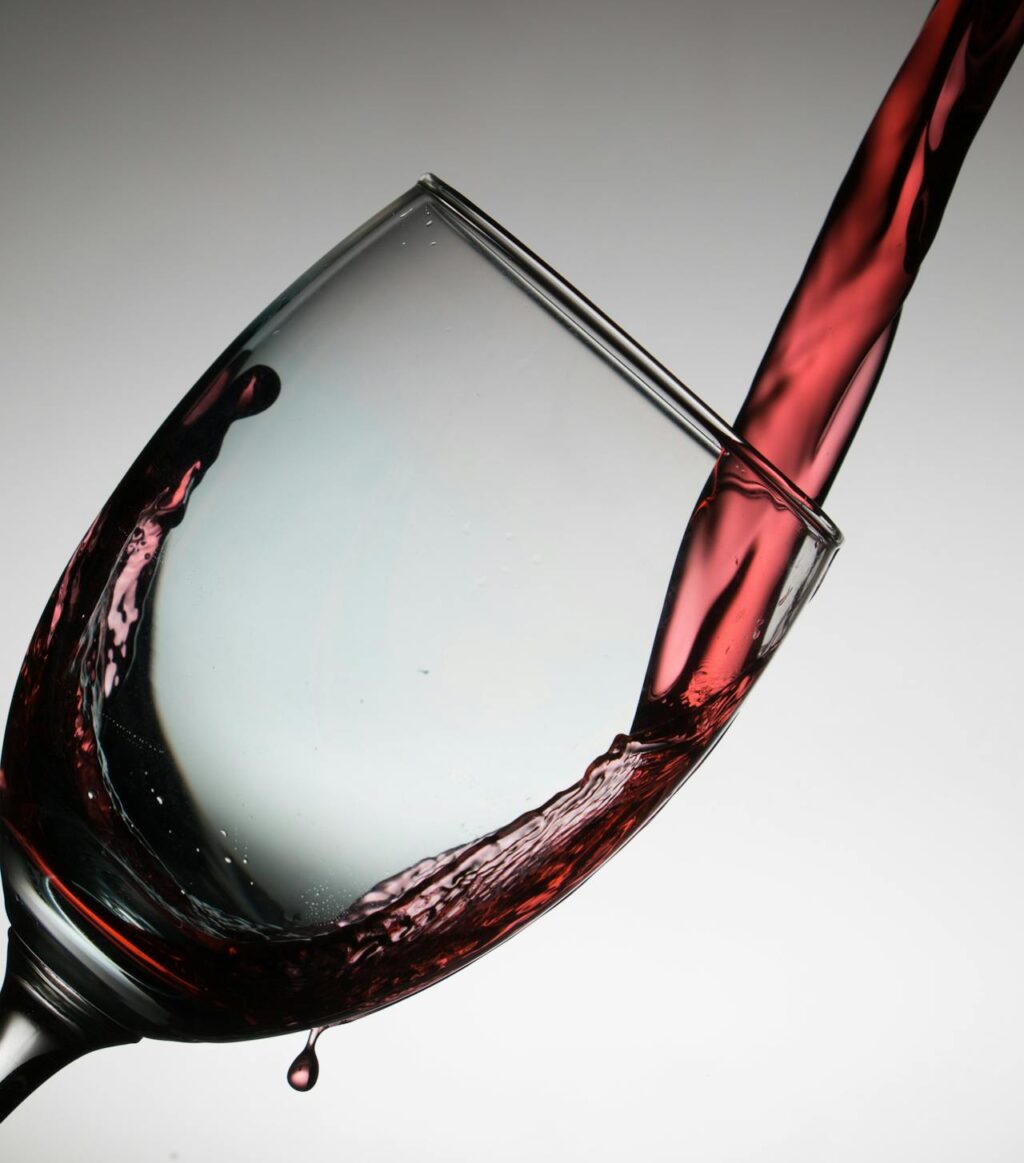As consumer preferences shift toward more eco-conscious and ethical purchasing decisions, the wine industry has embraced sustainability as a cornerstone of its marketing strategy. Modern wine consumers want more than just a quality bottle—they want to support brands that align with their values. By emphasizing sustainable practices, wineries can not only meet the expectations of today’s environmentally aware audiences but also create compelling stories that resonate deeply.
Here’s how sustainability is transforming wine marketing and positioning eco-conscious brands as leaders in the industry.
The Growing Demand for Sustainability in Wine
Sustainability has moved beyond being a trend to becoming an expectation in many industries, including wine production. Studies show that a significant percentage of wine consumers are willing to pay more for products that demonstrate environmental responsibility. Whether it’s organic farming, reduced carbon footprints, or innovative packaging, wineries are finding that green initiatives can drive customer loyalty and sales.
Millennials and Gen Z consumers, in particular, prioritize sustainability in their purchasing decisions. They seek transparency and want to know how a product is made, from the vineyard to their table. Wineries that adopt eco-friendly practices can tap into this market by highlighting their efforts through strategic marketing campaigns.
Key Sustainable Practices in the Wine Industry
Wineries are adopting a range of sustainable practices, many of which provide rich storytelling opportunities to captivate their audiences:
- Organic and Biodynamic Farming:
Organic certification and biodynamic methods are becoming more common in vineyards worldwide. These approaches eliminate synthetic chemicals and prioritize soil health, resulting in wines that are not only eco-friendly but also perceived as higher quality by consumers. - Water Conservation:
Water scarcity is a growing concern in many wine regions. Wineries are using innovative irrigation techniques, such as drip irrigation and water recycling, to minimize waste while maintaining quality. - Sustainable Packaging:
From lightweight bottles to recyclable corks and packaging, wineries are finding creative ways to reduce their environmental impact. Some brands are even experimenting with boxed or canned wines to appeal to eco-conscious consumers. - Renewable Energy Sources:
Solar panels and wind turbines are being installed at many wineries to reduce reliance on fossil fuels. Highlighting these renewable energy initiatives in marketing campaigns demonstrates a commitment to sustainability.
Integrating Sustainability Into Wine Marketing
Sustainability offers wineries a chance to create memorable marketing campaigns that go beyond taste or heritage. Here are some ways to integrate eco-friendly practices into marketing efforts:
- Transparent Labeling:
Wineries can use labels to communicate their sustainability credentials, such as certifications for organic farming or carbon neutrality. These badges of honor resonate with conscious consumers and build trust. - Content Marketing and Storytelling:
Blogs, social media posts, and videos that showcase a winery’s sustainable practices can engage audiences. For example, a behind-the-scenes video of a vineyard’s solar-powered production process can create a deeper connection with customers. - Experiential Marketing:
Hosting eco-focused events, such as vineyard tours that emphasize sustainable farming methods, allows consumers to experience the brand’s values firsthand. These events also encourage positive word-of-mouth and user-generated content.
Case Studies: Successful Sustainable Wine Marketing Campaigns
Several wine brands have successfully leveraged sustainability as a marketing tool:
- Fetzer Vineyards:
One of the first wineries to achieve carbon neutrality, Fetzer has built its reputation on sustainability. Its marketing highlights its organic practices and commitment to renewable energy. - Yellow Tail:
Known for its approachable branding, Yellow Tail also incorporates sustainable practices in its production. By blending fun messaging with eco-conscious values, it appeals to a broad audience.
Challenges in Sustainability Marketing
While sustainability provides powerful marketing opportunities, wineries must ensure their claims are authentic. Greenwashing—or making false or exaggerated eco-friendly claims—can damage a brand’s reputation. Transparency is key; wineries must back their sustainability claims with evidence, such as certifications or measurable data.
Conclusion
Sustainability is no longer a niche concept in wine marketing—it’s a critical factor in appealing to modern consumers. By adopting eco-conscious practices and integrating them into compelling marketing campaigns, wineries can build stronger connections with their audiences and drive long-term loyalty.
For wineries looking to navigate the complexities of sustainability and stand out in a competitive market, partnering with a wine marketing agency can provide the expertise needed to craft impactful campaigns. By aligning values with consumer expectations, wineries can ensure their stories resonate with the audiences that matter most.
